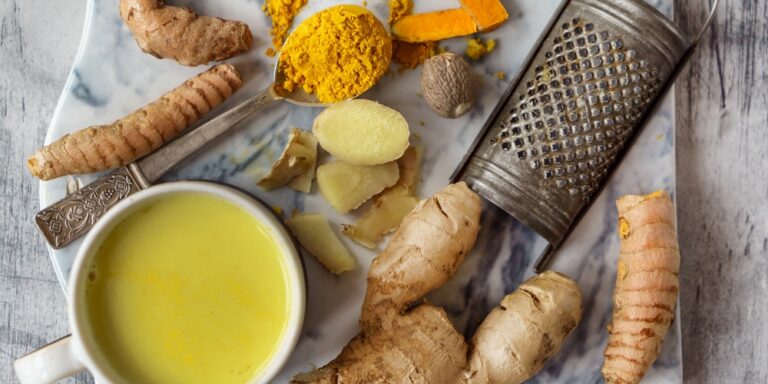BMI Calculator
Advanced BMI Calculator BMI Calculator Calculate your Body Mass Index and assess your weight category Metric Imperial Gender: MaleFemale Age: Weight: Height: Weight: Height: Calculate BMI Your Results BMI: 0 Category: – 16 18.5 25 30 35 40 Ideal Weight Range Health Implications Recommended Products For You Based on your BMI results, here are some…







